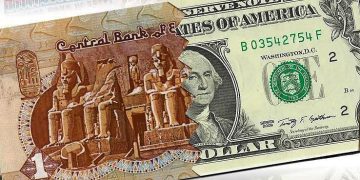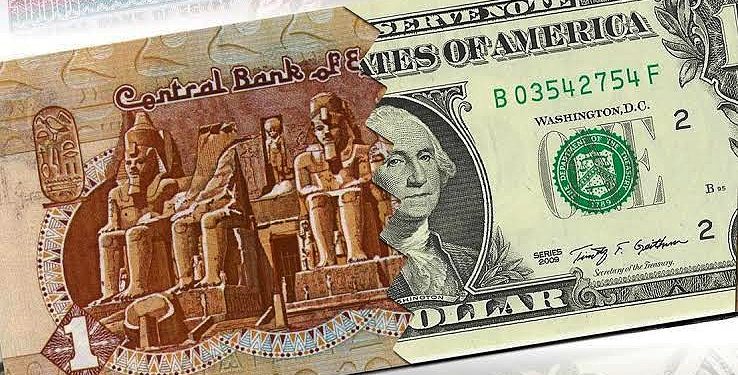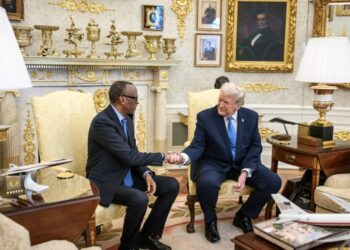By John Ikani
The Egyptian pound plunged to a record low on Wednesday, heading for its biggest slump since the aftermath of the North African nation’s devaluation in late October.
Egypt devalued the pound in October but that did not let it float freely against the US dollar – which is a condition of a $3bn rescue loan it agreed with the International Monetary Fund (IMF).
The currency dropped 6 per cent to 26.4 to the US dollar in the steepest slide since the Central Bank of Egypt in late October devalued the pound in an effort to clinch the IMF deal.
Wednesday’s slide comes as billions of dollars of imports are blocked in Egyptian ports because local banks are unable to secure enough dollars to pay for them because of the shortage of foreign currency.
Mohamed Abu Basha, head of macroeconomic analysis at Cairo-based investment bank EFG Hermes, said it was not immediately clear whether the fall on Wednesday represented the expected move to a flexible exchange rate regime
Successive Egyptian governments have been reluctant to move to a flexible exchange rate to avoid big jumps in prices in a country reliant on imports for many of its basic needs. But the scarcity of foreign currency in recent months and the emergence of a black market in dollars had already stoked inflation to 18.7 per cent in November, its highest level in five years.
There are now limits to how much Egyptians can take out of the bank and shoppers are struggling.
Officially inflation has reached 18.7 percent, but “the bread I used to buy for one pound is now for three,” Rehab, 34, told AFP.
“My husband earns 6,000 pounds per month” (230 euros), before we lasted 30 days with that, today we go into the red after ten,” she added.
With the majority of goods imported and an eight percent jump in interest rates, everything is expensive. And that includes bread patties, falafels, bottles of oil and vegetable packets that remain at subsidised prices for the 70 million Egyptians classified as “poor” and therefore holders of a ration card.
At the supermarket, signs warn: “maximum three bags of rice”, “no more than two bottles of milk” or “one bottle of oil”.
In the newspapers, the National Food Council praised “chicken feet, beneficial for the body and the wallet”.
“Frozen meat is “no longer an option,” said shopper Rida, 55, who also refuses to give her name. “It has gone from 85 to 150 pounds per kilo.” Fresh meat is out the question, it is double the price of frozen meat.
Rida struggles to feed her family of 13 people: “I am a civil servant and I do cleaning in a hospital, but even with two salaries there are plenty of things that I can no longer buy,” she told the AFP.




































